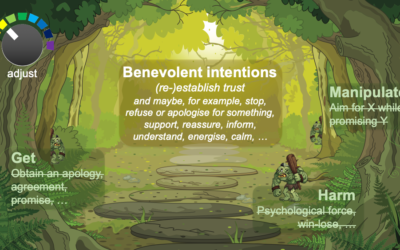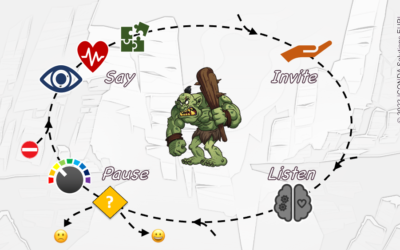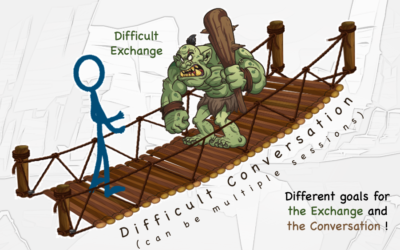To the best of my knowledge, there are very few personal organization systems that can estimate when outstanding tasks will get done. I’ll explain why this is a troubling omission and how it can be removed using Google Calendar and Sheets (or similar technology).
Over the past 3 or 4 years, I have done my best to use David Allen’s Getting Things Doneapproach to personal organization systems, and it helps. However, although the main point of Allen’s system is to get things off one’s mind – to feel less anxious about all the stuff to be done – I still find myself worrying too much. Can I meet commitments, and when will I ever get the time to climb Everest and paint the garage door?
Like many systems, Getting Things Done divides tasks into different lists and provides a procedure that should get them all done, eventually. What worries me – what torments me – is that I don’t know if I have the necessary bandwidth to do them in time.
At the moment, for example, my partner is frustrated because I won’t take a vacation. I am aware of being caught in a vicious cycle of powerless worry, and that the way out is to take a break and recharge my batteries, but just being aware of this doesn’t help much. Before going on vacation, I need to know what can be done by when, even if the facts aren’t to my liking.
The unknown is often more difficult to cope with than the undesired. In my case, if I knew that one of my projects were doomed to an embarrassing overrun, then I could probably accept it, warn the victims, and go on holiday! To do this, I need to calculate whether tasks can be completed by their deadlines or not.
Unfortunately, the calculation is difficult to do unaided. My appointment calendar is far from empty and many tasks arrive unexpectedly. Also, quite a few have overheads, such as meeting preparation and travel. So the amount of time available for projects and “ToDo’s” – the things that don’t lend themselves to strict scheduling – varies enormously from day to day.
Sorting this all out was one of my biggest ToDo’s for a while ;-), then I realized that Google had made the solution rather simple. A Google spreadsheet can access Google calendar and find out how much time I have available each day. Making allowance for some daily overhead – teeth brushing, blog writing, etc. – the spreadsheet can then estimate daily headroom (if any), making it easy to see which deadlines probably can and can’t be met. All that’s needed for this calculation is the approximate duration of each listed task and its associated target completion date.
And, yes, I have a script that will do this. Unfortunately, thanks to the script, I can see that there isn’t time to clean it up and share it with you – especially if I want to go on vacation next week!






